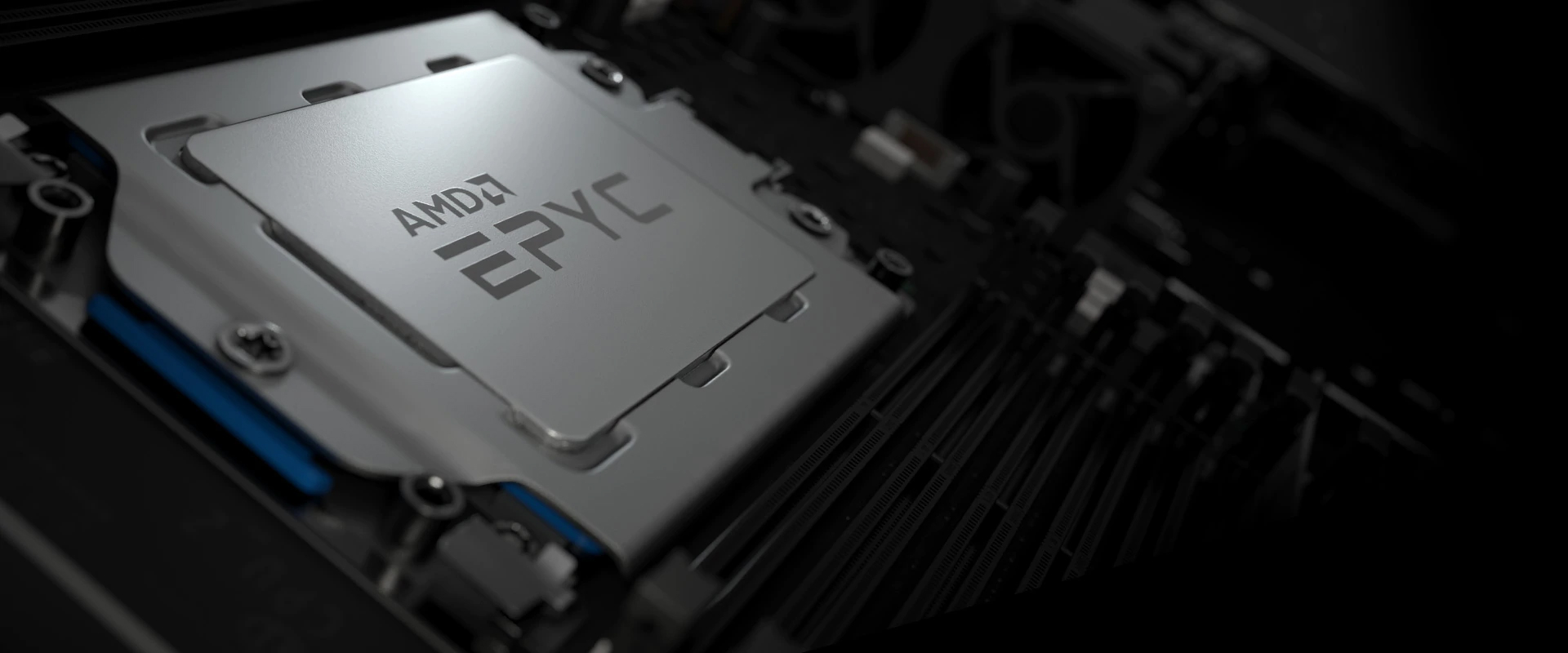
Recently, AMD released the second generation EPYC server processor. According to market data, the market share of AMD servers increased by 2.4% in 2018, and the first EPYC processor contributed. At this time, AMD released the second generation of EPYC, which is undoubtedly hope to further seize Intel's share.
The previous generation EPYC processor adopts 14nm process, the second generation skips 10nm directly, adopts the latest 7nm process technology, the floating point performance is 4 times of the previous generation, the power consumption is reduced by half, achieving higher performance and more. Small power consumption.
In addition, the second-generation EPYC processor is enhanced with the advanced AMD EPYC Infinity architecture. Now, the AMD Infinity architecture separates two streams: eight Dies for the processor core and one I/O Die that supports external security and communication for the processor, providing the flexibility to provide advanced processing technology to the CPU core and allow The I/O circuit is developed at its own speed, enabling new functions to be expanded more quickly in the future.
In terms of I/O interface, the second-generation AMD EPYC processor is the first to support the PCIe 4.0 standard. It is the leading processor of the X86 architecture server. By then, enterprise users can build 128 channels of I/O, double the performance of network bandwidth.
In terms of other functions, the second-generation AMD EPYC processor highlights multi-domain applications, including big data analysis, in-memory databases, data center applications, etc. in the Internet industry, as well as oil and gas exploration, and has excellent versatility. In addition, in the face of increasingly rampant Internet privacy data disclosure, the second-generation AMD EPYC processor will be equipped with advanced security "enhanced core" to reduce data risk.
It is reported to be the first server CPU with integrated and dedicated security processors for secure boot, secure encrypted memory and secure encryption virtualization. At the same time, it also integrates up to 509 unique encryption keys, which can only be recognized by the processor, greatly improving security.
